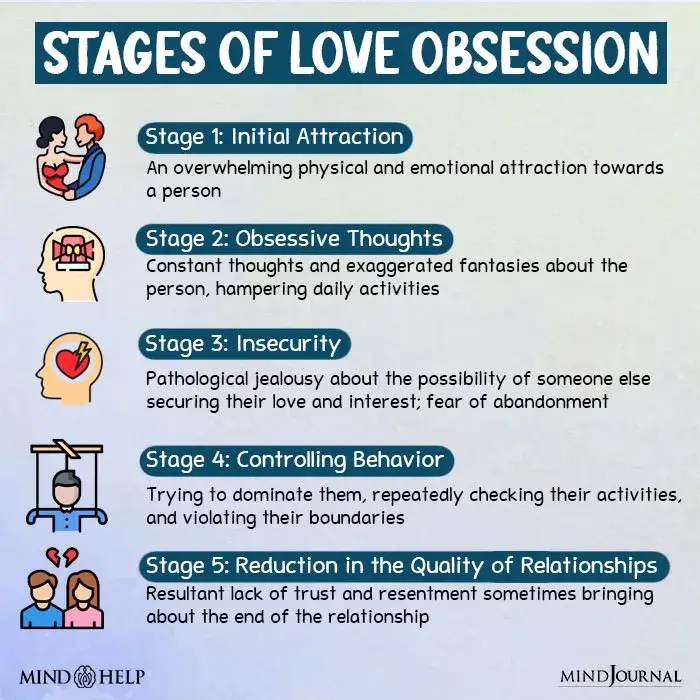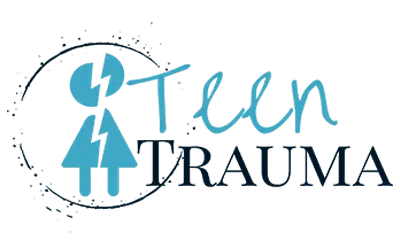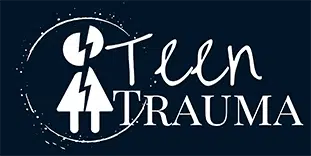Understanding Obsessive Love Disorder and Attachment Issues
People are hard-wired to want and need love. Children require supportive and caring parents to grow into healthy, balanced adults.
When that love is not given in childhood, trauma occurs. Sometimes, that trauma can lead to a serious mental health disorder called obsessive love disorder.
Obsessive love disorder, or OLD, is a mental health condition that shows up with an obsessive desire to possess another person or maintain a relationship.
People with this condition can’t accept rejection and often develop unhealthy relationships.
Here is a closer look at how this disorder develops and the link between childhood trauma and obsessive love disorder.
Unpacking the Complexities of Obsessive Love & Its Link to Early Experiences
When a baby comes into the world, it will cry when it needs something. A loving parent will respond to those cries in a warm, consistent way, taking care of the problem and making the child feel comfortable.
Over time, this builds what psychologists call attachment. Healthy attachment in early childhood is essential to healthy relationships, particularly love relationships, as an adult.
Obsessive love disorder is closely tied to a child’s attachments. In a healthy childhood, the care and love of a child’s primary caregiver allows them to develop healthy attachment styles.
In a childhood where a parent is neglectful or absent, a child might develop an attachment disorder.
Insecure attachment styles leave the person feeling that they cannot trust other people and there is always a risk that something else is going to happen to cause them to lose their primary relationship.
This, in turn, can lead to obsessive, controlling behaviors in love relationships as an adult.
What kind of experiences can lead to attachment disorders, which in turn can cause obsessive love disorder?
While there are a myriad of childhood traumas that can cause this issue, some common causes include:
-
- Abuse of any type, but particularly sexual or physical
-
- Neglect
-
- Loss of a parent through death or divorce
-
- Bullying from friends
-
- Lack of emotional response from primary caregiver
-
- Living in a high-stress home due to poverty or other similar problems

The Dynamics of Dysfunctional Relationships & How They Are Rooted in Unresolved Trauma
Attachment styles created in early childhood will impact the relationships someone has with an adult. Unstable caregivers create insecure attachment styles, which may be anxious, avoidant, or fearful in nature.
These attachment disorders make it nearly impossible to form healthy romantic relationships because the person is always afraid that they are going to be rejected or hurt again.
This causes the person to express their emotions with more intensity and also creates an extreme sense of dependency on others for comfort and security.
These individuals with unresolved childhood trauma may deeply fear abandonment because it happened to them in their formative years, and this can cause them to exhibit signs and symptoms of OLD.
Childhood trauma, if left untreated, can have long-term effects on the child as they move into adulthood. These effects include:
-
- Anxiety disorders
-
- Anger and aggression problems
-
- Lack of trust
-
- Problems with self-esteem
-
- Problems with sleep or eating habits
-
- Depression
-
- Self-destructive behaviors
-
- Suicidal thinking
Many of these effects are linked to unhealthy relationship problems and attachment disorders. If left unaddressed, the result could be obsessive-compulsive love disorder.
How to Get Help for Both Childhood Trauma and Obsessive Love Disorder?
If a teen in your life is showing symptoms of a mental health condition or problems building healthy relationships, getting help early is essential.
If you are noticing delusional jealousy or a lack of trust, this can be a sign that help is needed. The key to treating obsessive love disorder starts with treating attachment disorders and childhood trauma.
A combination of behavioral therapy and building healthy attachments is key to treating this. Working with a therapy team that understands childhood trauma and its impact on future romantic relationships is also essential.
Sometimes, if the delusional disorder and unhealthy relationship patterns are strong enough, residential treatment is the best way to address the childhood trauma.
In residential treatment, a teen is able to focus on healing that trauma, moving forward with healthier relationships and learning to change the mental patterns that keep them stuck. With the right support and treatment in their teens, most youth can overcome childhood trauma and learn how to build healthy attachments for future romantic relationships.










